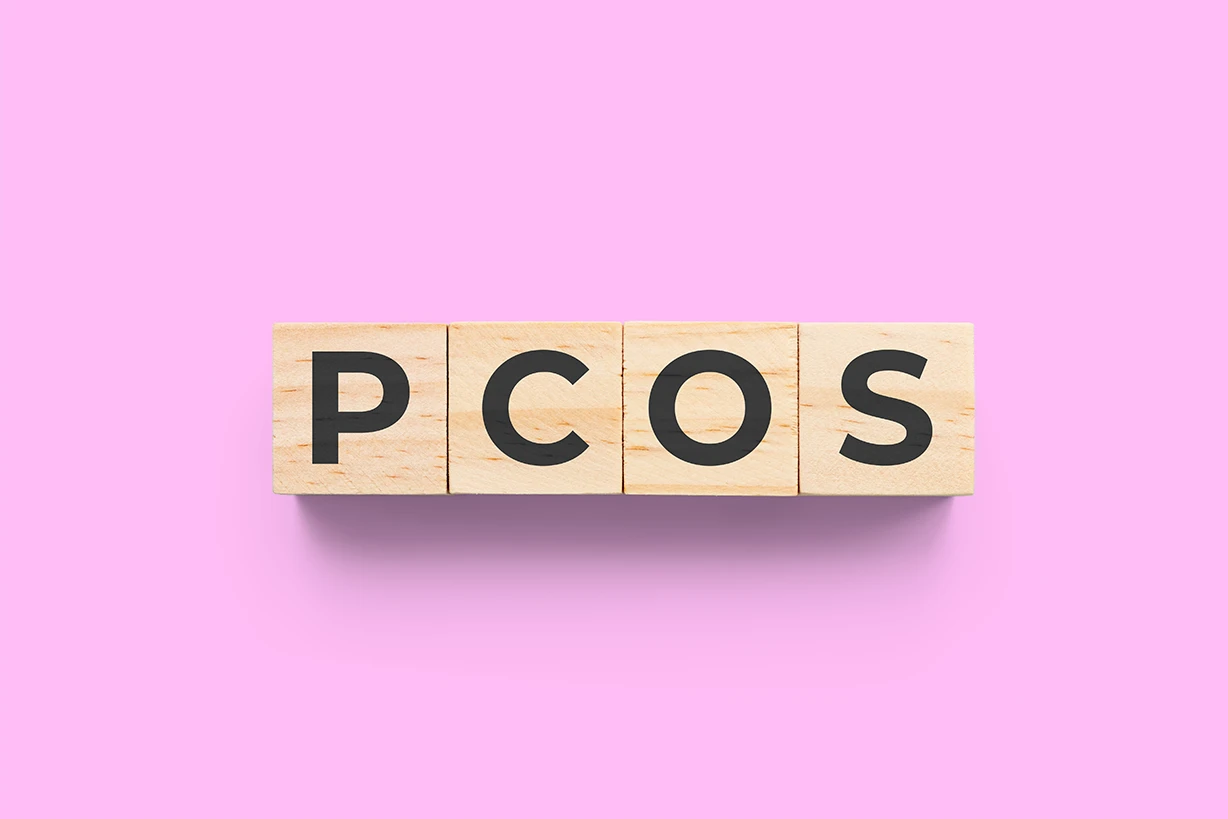Polycystic Ovary Syndrome (PCOS) is a hormonal condition where the ovaries (the organs responsible for producing eggs and reproductive hormones) become enlarged and develop numerous small cysts.
While the cysts on the ovaries are a characteristic feature of PCOS, not every woman with the condition will develop cysts. In fact, PCOS is diagnosed based on a combination of symptoms, and not all women will experience the same set of issues.
Despite being one of the leading causes of infertility, many women are unaware they have it until they experience difficulties with their menstrual cycle, fertility, or notice other associated symptoms.









